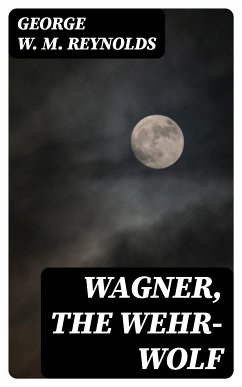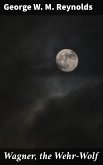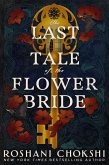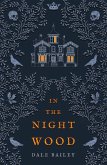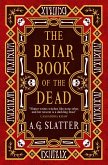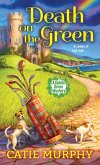In his novel 'Wagner, the Wehr-Wolf', George W. M. Reynolds delves into the realm of gothic horror with a touch of romance and mystery. Set in 16th-century Spain, the story follows the tragic fate of the young Wagner as he transforms into a fearsome werewolf, grappling with his dual nature and seeking redemption. Reynolds' prose is rich and atmospheric, drawing readers into a world of supernatural occurrences and dark passions. The novel is a prime example of the gothic literature popular in the Victorian era, showcasing themes of morality, transformation, and the struggle between good and evil. The book's intricate plot and vivid characters provide a captivating reading experience for fans of the genre. George W. M. Reynolds, a prolific writer and journalist of the 19th century, was known for his sensational fiction and social commentary. His interest in exploring the darker aspects of human nature and society is evident in 'Wagner, the Wehr-Wolf', as he weaves a compelling narrative filled with twists and turns. Reynolds' background in journalism and his deep understanding of Victorian culture lend authenticity to the novel's historical setting and themes. I recommend 'Wagner, the Wehr-Wolf' to readers who appreciate gothic literature, supernatural tales, and thought-provoking narratives. Reynolds' gripping storytelling and intricate character development make this novel a must-read for those seeking a thrilling and immersive reading experience.
Dieser Download kann aus rechtlichen Gründen nur mit Rechnungsadresse in A, B, BG, CY, CZ, D, DK, EW, E, FIN, F, GR, H, IRL, I, LT, L, LR, M, NL, PL, P, R, S, SLO, SK ausgeliefert werden.

